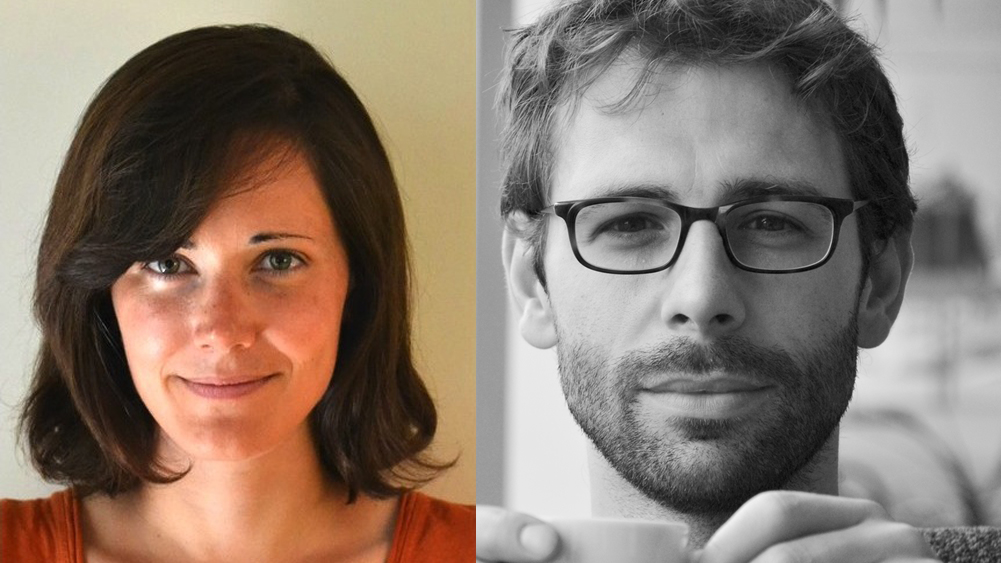Who’s Afraid of Controversies? A Quick Introduction to Controversy Mapping
Controversy mapping is a method (or rather a set of methods) to explore; represent and contribute to public debates especially, but not exclusively, around science and technology.
Content navigation
RegisterDescription

Controversy mapping is a method (or rather a set of methods) to explore; represent and contribute to public debates especially, but not exclusively, around science and technology. Introduced in the early 80ies as a methodological (and pedagogical) counterpart of Actor-Network Theory, this approach as gained a new traction in the last few years thanks to its operationalisation through a series of digital methods.
In our presentation, we will discuss how controversy mapping can be used to open the black boxes of technoscience and expose the heterogenous networks of scientists, engineers, laboratories, research institutions, enterprises, scientific instruments, experimental protocols, public and private funding, stakeholders, decisions makers, industrial lobbies, activists, media… that support and shape them. It is by exposing these networks Controversy Mapping hope to contribute to the public engagement with science and technology.
In our talk we will draw on examples from the use controversy mapping in research projects and in the classroom and we will present some of the conceptual and practical tools supporting this kind of exploration.
Kari de Pryckis a postdoctoral scholar in political science at the University of Geneva and affiliated PhD fellow at Sciences Po Paris. She has been teaching controversy mapping in Geneva and Paris and studied climate controversies in her PhD.
Tommaso Venturini (http://www.tommasoventurini.it) is a researcher at the Center Internet and Society of the CNRS and one of the founders of the Public Data Lab (http://publicdatalab.org/). He has been researcher at the École Normale Supérieure of Lyon; recipient of the “Advanced Research” fellowship of the French Institute for Research in Computer Science and Automation; and lecturer at the Department of Digital Humanities of King's College London. From 2009 to 2015, he has coordinated the research activities of the médialab of Sciences Po Paris.
Location
CPAS Red Room
Peter Baume Building 42A
Australian National University
Canberra, Australian Capital Territory 2601
